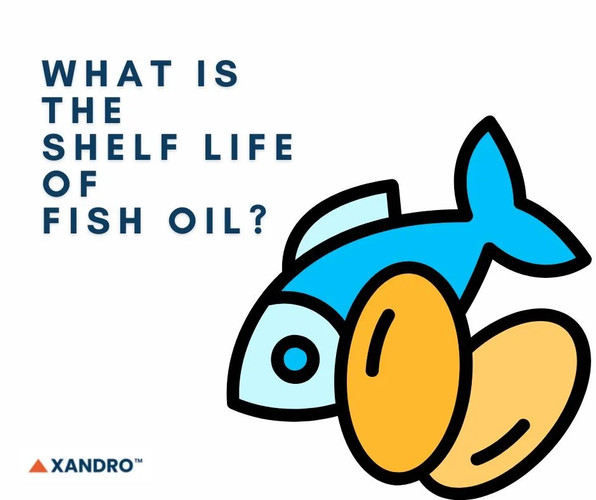Fish Oil Shelf Life: Storage, Signs of Spoilage and Health Concerns
17th Oct 2023

Fish Oil Shelf Life: Storage, Spoilage Signs and Health Considerations
If left too long, fish oil can expire and go bad. This is because fish oil supplements are full of polyunsaturated omega-3 fatty acids, which are sensitive to oxidation. The supplements are also quite unstable, so when they come in contact with oxygen, they tend to break down easily. Therefore, how you store fish oil plays a large role in how quickly they deteriorate.
If you take expired fish oil, you may increase bad cholesterol levels in your body. They can also cause heartburn, extremely bad fish burps, irregular bowel movements, stomach cramps and aching, and UTI symptoms. It can also increase risk factors for Alzheimer’s disease, have mutagenic effects and can cause inflammation.
The shelf life of fish oil is generally 1 to 2 years past its manufacturing date, but depending on how you store it, it can go bad even faster. While an unopened bottle can last up to 18 months, an opened bottle can last between 3 to 8 months, depending on if you refrigerate it or not. If you take liquid fish oil supplements, these should be stored in the fridge to slow down and reduce oxidation, as they are exposed to the air each time you open the bottle. Some liquid soft gel capsules can be stored at room temperature in a cool, dark and dry place.
To check for rancid fish oil capsules, check if they smell strange. Fish oil tablets have a distinctive fish odour when fresh, which can turn foul over time. They should also have a light, golden, semi-transparent appearance and a bouncy consistency. If old, the colour will turn murky and they might become soft rather than bouncy. Fish oil tablets can also leave you with an unpleasant aftertaste, whereas fresh tablets have no taste.
To stay safe, only buy as much as you need within a six-month period.
